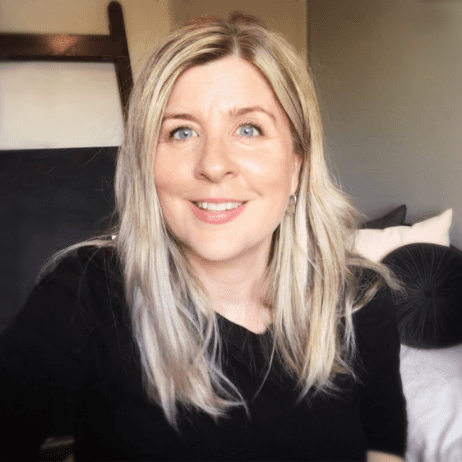About Karen Young

Karen began her career as a psychologist in private practice and is now recognised as a leading authority on child and adolescent anxiety. She has worked extensively with children, teens, and families, and in educational and organisational settings. She has lectured and has a Masters in Gestalt Therapy. It is through her work with children, teens, and families that she learned the power of solid information when it is placed in the solid, loving hands of parents or any important person in a child’s world.
Karen created Hey Sigmund, an internationally popular online resource, to provide contemporary, research-driven information on the art of being human, and being with humans. The website has a particular emphasis on strengthening the mental wellness of children and adolescents. It attracts millions of readers each year worldwide. The articles have been translated into several languages and published on various international sites.
Karen is often invited to comment by Australian and international media outlets, including The Project, and as a regular guest on ABC Radio. She is a sought-after speaker and consultant and works with schools, government bodies, and child and adolescent-focused organisations, both in Australia and internationally to build resources, implement procedures, and support the professional development of staff.
She is the author of six books, including the bestselling ‘Hey Warrior’, which alone has sold over 200,000 copies worldwide. Karen’s books creatively assist children to understand and manage anxiety and other feelings, and build the capacity for self-regulation. The books have been translated into a number of languages and have together sold more than 400,000 copies worldwide.
Karen lives in Australia and has two children and two stepchildren. Experience has taught her that people can do amazing things with the right information, psychology has something for everyone, jargon doesn’t, everyone has a story to tell, short bios are the longest to write, nobody has it all figured out and the best people to be around are the ones who already know this.
About ‘Hey Sigmund’ – The idea behind the website.
Because sometimes the only diagnosis is ‘human’.
Every day there are stunning new insights into the human mind and the way we work, love, play, behave, relate, think and feel. We are learning more and more about what it means to be human, and how to master the art. Now more than ever, anybody who is any version of human has something to gain from the science of psychology.
This website contains the latest research and news in psychology. It attempts to bring psychology into the mainstream, unfolding the brilliance that happens within the scientific realm. We will explain what it all means and why it matters.
Some parts will be immediately relevant to your life, some parts less so but psychology is such a fascinating relevant science that at the very least you will have some excellent fodder for dinner table conversations.
The best of us is already in us, sometimes found, sometimes waiting to be. This website provides the tools to uncover what is waiting patiently beneath our skin to be discovered, or to make a life that is already beautiful, even more so.
I hope you enjoy the readings and find courageous, daring and simple ways to incorporate them into your life.
What This Website Is – And Isn’t.
The articles, information and comments on this website provide general information only and do not constitute advice in any way.
It is important to me that the information provided on this site is thoughtful, detailed, well-researched and relevant, but it is just a guide. What is best for you will depend on your personal history and circumstances. For this reason, if you require more support, information or guidance in relation to a particular issue, please speak with a medical practitioner or counsellor who will be able to take the time to understand the detail of you, your history and your circumstances, and use this to advise you on the most effective course of action.
If you are in need of more immediate support, please click here.
- For Extra Support – When Being Human Gets Tough
- Content Sharing Guidelines
- Privacy Policy.
- Terms of Use
Business address: PO Box 511, Indooroopilly Qld 4069, Australia
